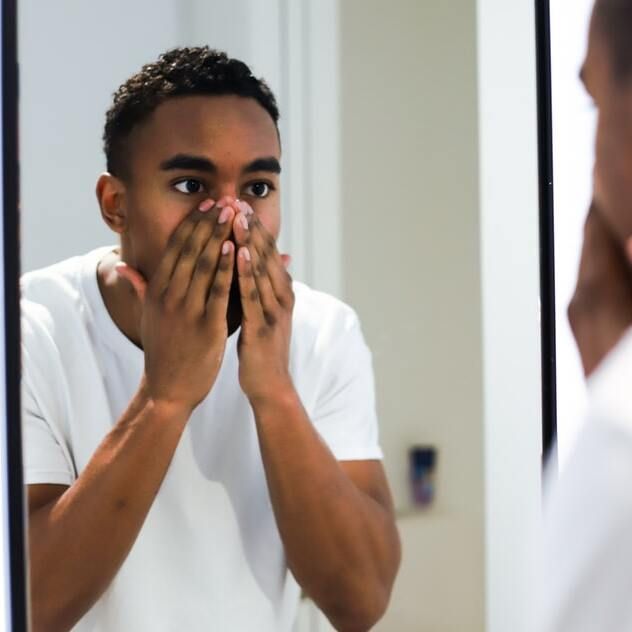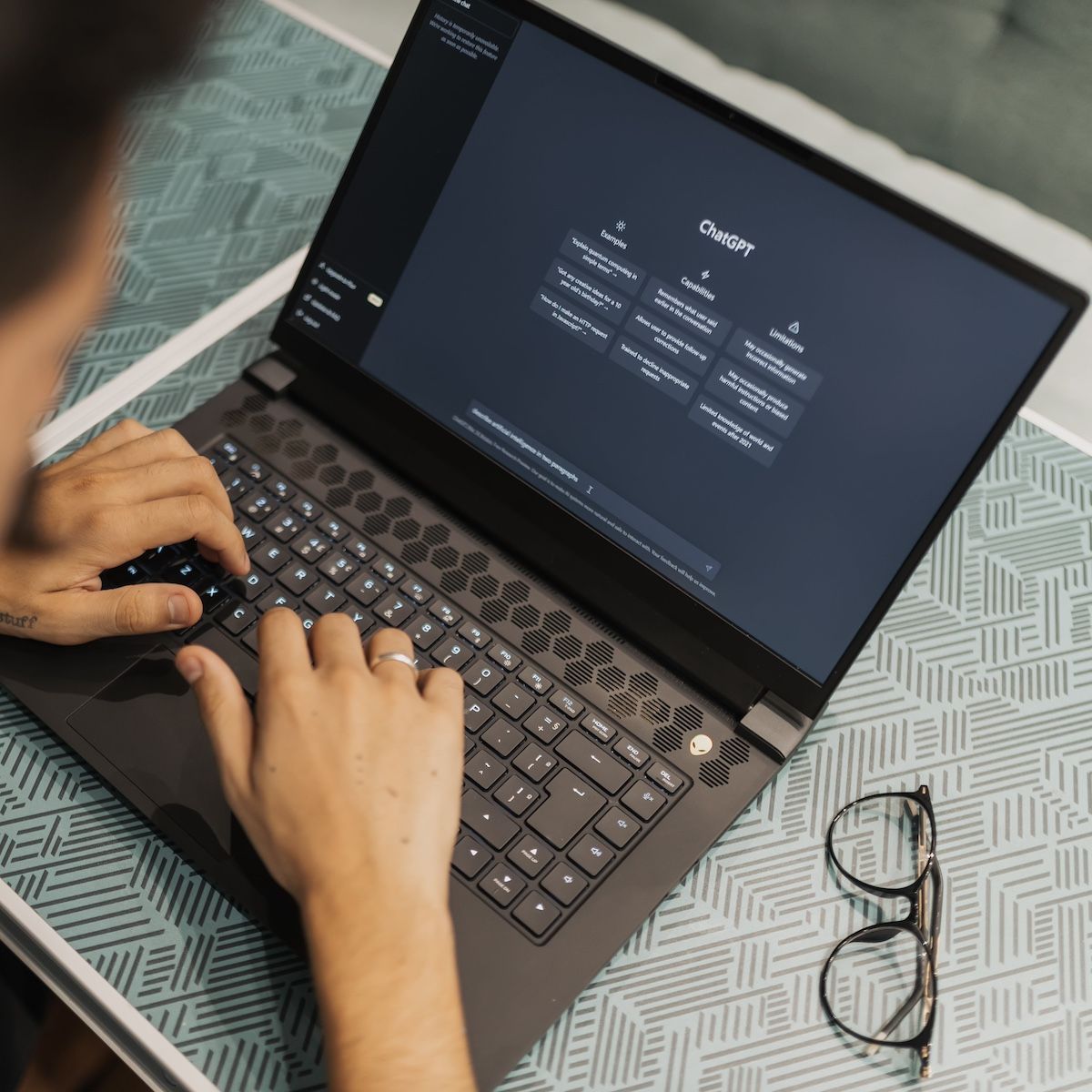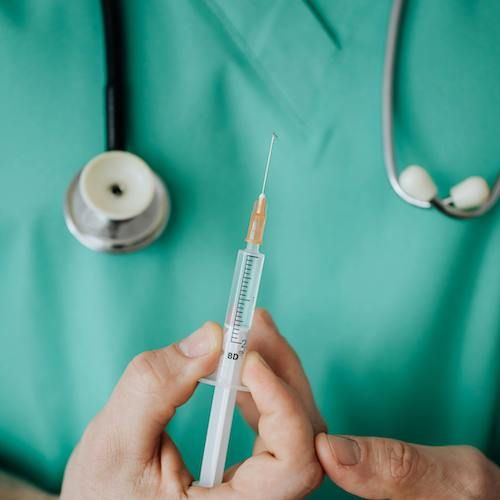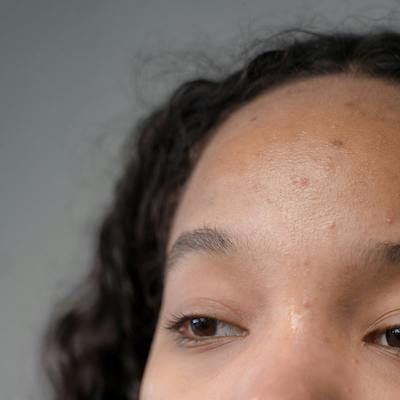Article
Benzoyl Peroxide Plus Retinol Regimen Highly Efficacious for Acne Vulgaris
Author(s):
All patients treated with 2.5 benzoyl peroxide and a stabilized cosmetic retinol saw significant improvement in lesion count reduction after 12 weeks.

A new study found that 2.5% benzoyl peroxide plus a stabilized cosmetic retinol regimen was significantly effective in reducing total number of acne vulgaris lesions in patients. Furthermore, the combination treatment was notably well-tolerated across the study population.
These findings were presented at the American Academy of Dermatology (AAD) Virtual Meeting Experience.
Led by investigators at Johnson & Johnson, the multi-center, evaluator-blind clinical trial assessed regimen efficacy as percent change from baseline to 12 weeks in total lesion count, as measured primarily by the Investigator Global Acne assessment in addition to other efficacy assessments and self-assessments.
They enrolled 33 participants with mild to moderate acne vulgaris on the face. All patients had between 10-100 non-inflammatory plus 10-50 inflammatory lesions.
The mean age of the population was 17.6 years, and the majority (58%) were female. Further, 61% had Fitzpatrick skin type (FST) I-III, and 39% had FST IV-V.
During the course of the study period, patients applied benzoyl peroxide in the morning and cosmetic retinol in the evening (each only once daily) for 12 weeks.
Within 1 week, 84.2% of patients using the regimen experienced an average reduction of 18.6% total lesion counts compared to baseline (P<.05). Additionally, 34.2% of patients reported a 10.5% improvement in IGA within the same time period.
By week 4, 94.3% of patients experienced an average total lesion count reduction of 35.2%, with 71.4% reporting an average 28.8 improvement in IGA.
Even more, week 12 showed a 100% improvement in all patients and a lesion count reduction of 54.2%. As many as 84.8% reported an average of 44.3% improvement in IGA.
“Inflammatory and Non-Inflammatory Lesion Counts showed significant reductions (P<0.05) vs baseline starting at week 1, with both types of lesions continuing to resolve over the course of the 12-week study, “ the investigators wrote.
They further noted that “91% of subjects demonstrated an improvement in inflammatory lesions, and 97% demonstrated improvements in total non-inflammatory lesions by the end of the study.”
According to other efficacy assessments, improvements were observed for skin texture, clarity, tone, and skin blotchiness as early as week 1 (P<.05 versus baseline).
Significant results were reported by week 12—with 100% of patients showing improvement in skin texture, 97% showing improvement in clarity, 88% showing improvement in tone, and 88% showing improvement in blotchiness.
Self-reported assessments revealed that a majority of patients believed their skin to look clearer at week 1 (68%) and week 12 (76%). A similar pattern was noted for self-perceived improvement of pimples at week 1 (76%) and week 12 (82%). Patients also believed that their skin looked better and was overall healthier.
And finally, there were no adverse events reported for this patient population.
“Thus, this unique benzoyl peroxide and retinol regimen offers patients a multi-mechanism OTC option for addressing the disease state acne lesions along with the complexion endpoints like pigmentation, redness, and overall tone evenness,” the investigators concluded.
The study, “A Multi-Center Clinical Study to Evaluate the Efficacy and Tolerance of a Benzoyl Peroxide and Retinol Regimen in the Treatment of Mild to Moderate Acne Vulgaris,” was presented at AAD VMX 2021.

Study Compares ChatGPT-4 Diagnostic Abilities to Teledermatologists




